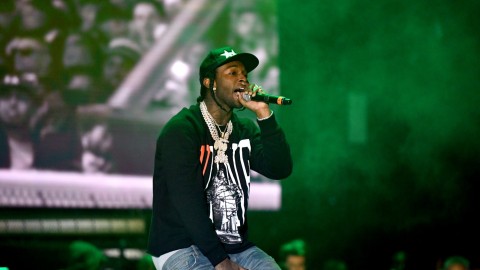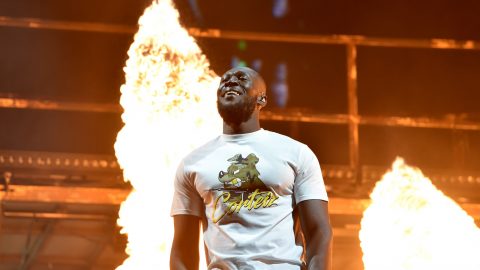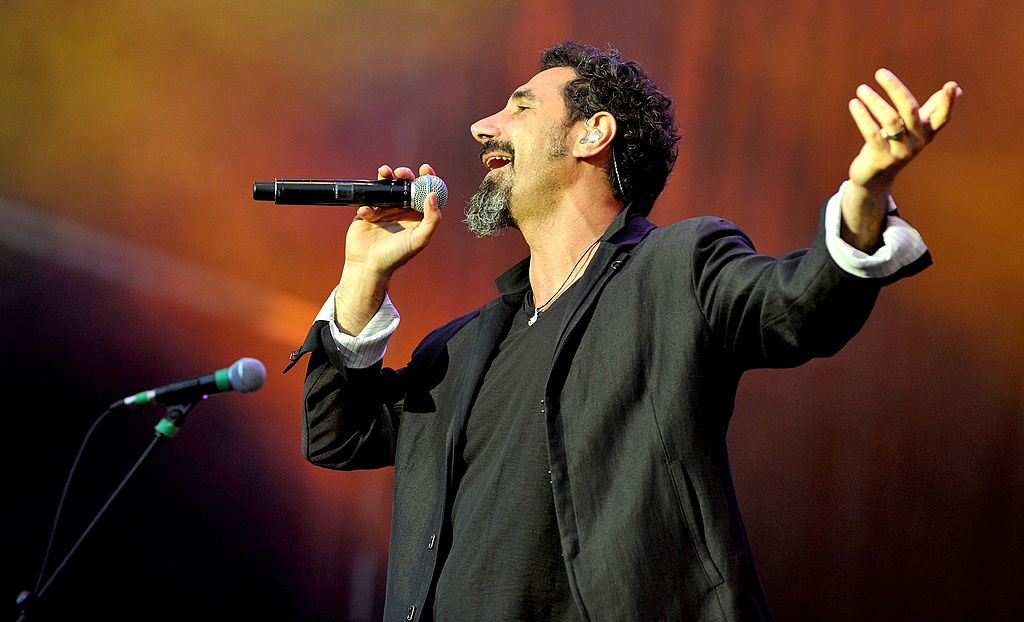
There are a few things you can count on in life and one of them is the Golden Globes messing up their nomination lists. Year after year, the world tunes in to find out who’s made the cut and is faced with a list of names that really should have done but haven’t (and a few who shouldn’t who have). 2021 is no different.
In recent years, we’ve seen Greta Gerwig miss out on a directing nomination for Lady Bird and, later, Little Women (and women, in general, be ostracised from the Best Director category). Wonder Woman was snubbed in 2018, likely because it’s a superhero movie, which tend to be looked down on by voters. Phoebe Waller-Bridge’s first season of Fleabag was locked out of the Globes in 2017.
Although it was nominated, Get Out was put into the category of Musical/Comedy which, given its subject matter, seemed more than a little tone-deaf. Even when films and shows led by people of colour do get nominated, often they don’t win – evidenced by the #GoldenGlobesSoWhite outrage in 2020, but certainly not the first instance of white stories and actors dominating the ceremony.
With the launch of the 2021 nominations, it’s clear that the Golden Globes fucked up again. While there are some positives to take from the list – a shocking three women up for Best Director, the first time there’s been more than one shortlisted at once – there are plenty of bad takes from the Hollywood Foreign Press Association (HFPA) that negate progress in other areas.

Let’s start with the snubs. I May Destroy You not being nominated in the TV categories makes no sense. With the BBC series, Michaela Coel created one of the most moving, powerful and challenging pieces of television all year and one that will likely stand out as an all-time great for many years to come. It was loved by critics and viewers alike and, while nominations shouldn’t be based on critical opinion, the general consensus suggested that there was something extraordinarily good about it.
The Best Drama category also features some misfires, if you’re looking more at what’s not there than what is. In this case, there are no Black-led films nominated in that category, despite a wealth of excellent movies featuring Black ensembles being released in the last 12 months. There’s also the societal consideration to take in here that shows the Golden Globes to be out of touch with the wider world.

Much of the last year has been dominated by the conversation around racial and social justice, police brutality and white people needing to step up and pay more attention to things outside of their own worlds. Is the HFPA paying attention to Black stories, creators and actors? It seems not. This isn’t a call for tokenistic nominations either – it’s not hard to look back over even just the last few months and find awards-worthy movies from, and led by, Black filmmakers, One Night In Miami, Ma Rainey’s Black Bottom and Da 5 Bloods being just three.
Then there are the movies and shows that were nominated that don’t deserve to be. A prime example is Netflix’s much-panned Emily In Paris being up for Best Musical/Comedy TV Show. Did I watch it, enjoy it and binge it in less than 24 hours? Yes. Was it throwaway, predictable and not worth heaping trophies on? Also yes. Somehow, James Corden has also been nominated for his role in Ryan Murphy’s The Prom, which is further proof that Hollywood will legitimise anyone with a thimbleful of talent, as long as they’re white.

The problem isn’t just the Golden Globes getting what is admittedly a subjective thing wrong, but the fact they seem to actively court controversy. Why else would they nominate Sia’s Music, given the furore around it? The movie has angered the autistic community for its ableist acting (Maddie Ziegler plays an autistic girl, despite not having autism herself) and Sia’s response to criticism of her choices, whereby she basically refused to listen and take on board the feedback, and lashed out instead. The film itself hasn’t even gone down well with her fans – a telltale sign that it’s not actually any good.
The problem is that the more the Golden Globes get things wrong in their nominations, the more we talk about them, creating a vicious cycle of column inches, trending tweets and attention for an institution that could do much better. If the HFPA managed to get things right just once, though, they’d likely see a different kind of buzz – a celebratory, positive one that is sorely lacking in the world as it is.
The post Why do the Golden Globes always get it so wrong? appeared first on NME | Music, Film, TV, Gaming & Pop Culture News.







